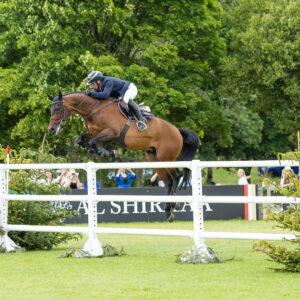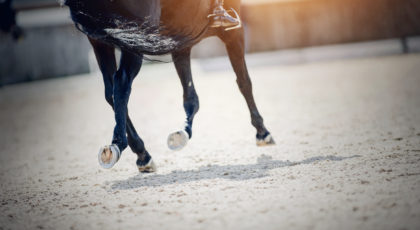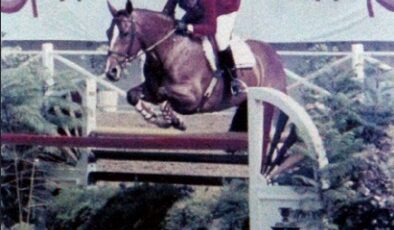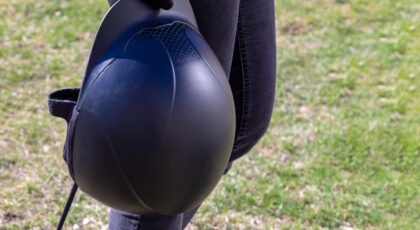Q: I work as a groom, but I also compete myself in the amateur jumpers. I occasionally longe horses for other clients, but I was just told that this revoke’s my amateur status as longeing is considered training! Is it true that just longeing a horse could revoke or put my amateur status at risk?
A: It may not be the answer that you want to hear, but this is true. In your situation, longeing other people’s horses does violate your amateur status—but it may not violate the amateur status of, say, your friend at the barn. Here’s why:
While your friend could longe your horse for you as a favor with no ramification, because you are likely being compensated for your work as groom, including for the longeing of horses, you would be found in violation of U.S. Equestrian rule book rule GR1306 a.k.a. the infamous “amateur rule.”
Let’s delve a little bit deeper.
The rule states:
“3. Permitted activities by Amateur. An Amateur is permitted to do the following:
h. Accept remuneration for providing service in one’s capacity as a: clinic manager or organizer (so long as they are not performing the activities of instructor or trainer), presenter or panelist at a Federation licensed officials’ clinic, competition manager, competition secretary, judge, steward, technical delegate, course designer, announcer, TV commentator, veterinarian, groom, farrier, tack shop operator, breeder, or boarder, or horse transporter.”
You’ll see that groom is included in the list of roles which an amateur can receive remuneration for without risking their amateur status, so you may think you are in the clear. However, the rule also reads:
“…a person is a professional if after his 18th birthday he does any of the following:
a. Accepts remuneration AND rides, exercises, drives, shows, trains, assists in training, schools or conducts clinics or seminars.”
Because longeing is considered exercising, and could also be considered training in some circumstances, it does violate the rule.
You can review the amateur status rules in full here.
Anytime that you appear to be paid for exercising, riding or training horses, you put your amateur status at risk. By being aware of the purpose and intent of the amateur rule, you can likely avoid running into problems with amateur status.
Have a legal question? Post it in the comments below for the opportunity to be featured in a future Q&A column with Armand Leone of Leone Equestrian Law.
Armand Leone is the founding partner of Leone Equestrian Law LLC, a New Jersey-based law firm that provides legal services and consultation for equestrian professionals ranging from riders and trainers to owners and show managers in the FEI disciplines on a wide variety of issues. Learn more about Leone Equestrian Law LLC at equestriancounsel.com, on Facebook, or by emailing info@equestriancounsel.com.


 December 30, 2019
December 30, 2019 

























